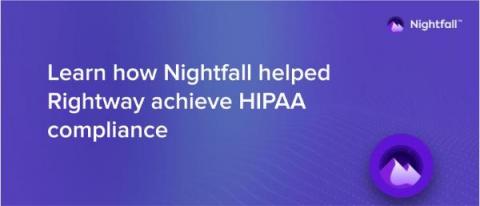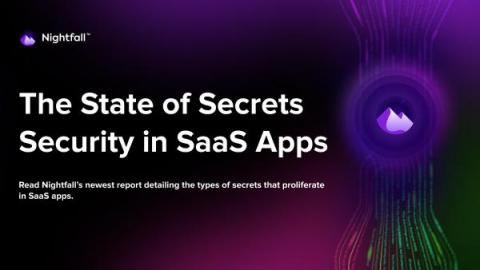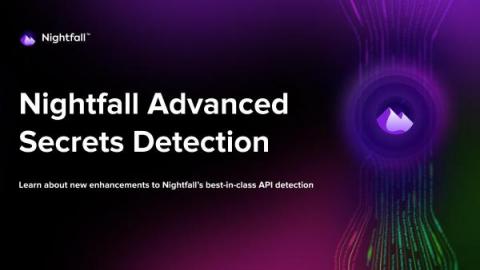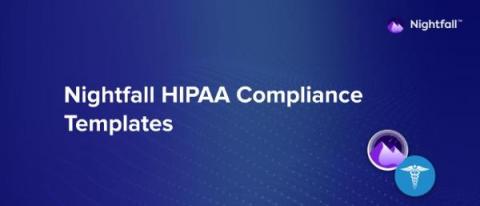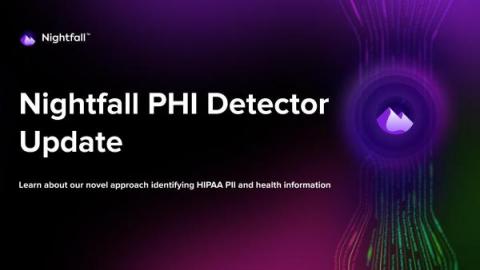Securing API Keys: A Guide for Analysts and Engineers
API keys are unique identifiers that enable developers to access and interact with an application's data and services. They act as a bridge between applications, allowing them to share data and functionality. In today's digital world, API keys are increasingly important as they facilitate seamless communication between various applications and services.




